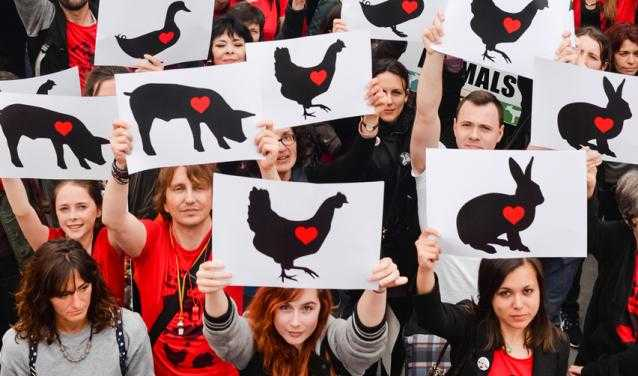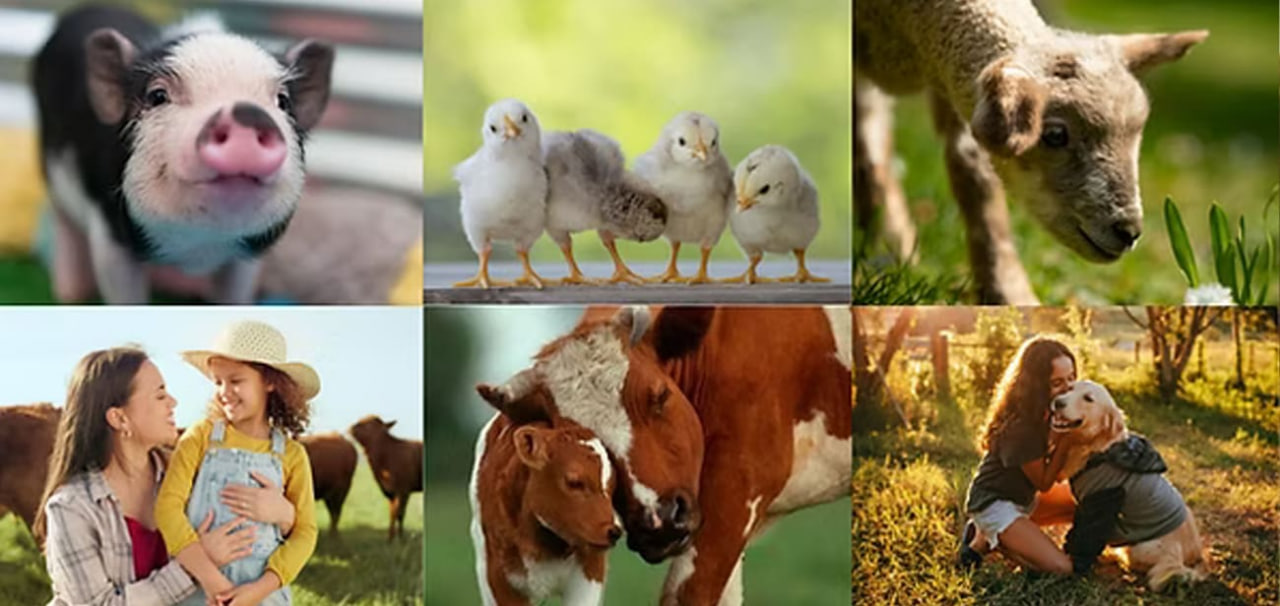Behind Closed Barn Doors: Humane Foundation Urges Action Against the Hidden Cruelty of Factory Farms
The Humane Foundation has issued a powerful new call to action this week, focusing global attention on one of the most systematically overlooked human-made crises of our time: the treatment of animals in industrial farms. As billions of farmed animals endure lives marked by confinement, deprivation, and routine abuse, the organization is urging policymakers, corporations, and individuals to confront the reality behind the food on their plates.

The Lives We Refuse to See
Each year, more than 80 billion land animals—including chickens, pigs, cows, and turkeys—are raised and slaughtered for food worldwide. The vast majority of these animals are born into factory farms, where profitability and productivity are prioritized over welfare and dignity.
These animals are not treated as living, feeling beings. They are processed as commodities. Many spend their entire lives in cages or crates so small they cannot turn around. Chickens bred for meat grow so unnaturally fast that their legs collapse under their own weight. Mother pigs are confined in metal stalls for weeks at a time, unable to nurse or even nuzzle their young properly. Calves are removed from their mothers hours after birth so their milk can be sold.
These practices are not anomalies — they are the industrial standard.

Legally Invisible, Morally Indefensible
Shockingly, most of this suffering is legal. Farmed animals receive fewer legal protections than household pets, despite sharing the same capacity for pain, fear, joy, and affection. The same behaviors that would be considered criminal abuse if done to a dog or cat are permitted under agricultural exemptions when inflicted on farm animals.
Battery cages, tail docking without pain relief, forced molting, dehorning, and live transport without water or rest — all are routine procedures in today’s food production system.
Beyond Cruelty: A Global Crisis in Disguise

The consequences of factory farming extend far beyond animal cruelty. These facilities are also a leading contributor to:
- Greenhouse gas emissions (livestock accounts for more than 14% globally)
- Air and water pollution, impacting rural and low-income communities
- Deforestation, particularly in regions like the Amazon
- Antibiotic resistance, due to the routine use of antibiotics in crowded conditions
- Zoonotic disease risks, such as avian flu, swine flu, and others
In short, the suffering of farm animals is deeply intertwined with human health, climate stability, and environmental degradation.
The Humane Foundation’s Mission
In response, the Humane Foundation is intensifying its efforts to raise awareness, advocate for legislative reform, and support alternatives that prioritize compassion. Through investigative research, educational campaigns, and policy advocacy, the Foundation aims to:
- Push for the ban of extreme confinement systems
- Support laws that recognize animals as sentient beings
- Promote plant-based and cultivated meat alternatives
- Educate consumers on the hidden costs of industrial meat
- Collaborate with institutions to transition away from factory-farmed products
The Foundation’s website, https://cruelty.farm, provides resources for individuals and institutions to get involved — from petitions and policy briefs to consumer guides and humane food sourcing programs.
A Call to Consciousness and Change
It is time for society to reckon with the suffering that takes place behind closed barn doors — and to move forward with policies and choices that reflect our evolving understanding of animals as sentient beings. Humane Foundation invites the public to help dismantle a system built on cruelty and replace it with one that values life, dignity, and sustainability.
About the Humane Foundation

The Humane Foundation is a nonprofit organization committed to ending systemic cruelty toward animals through education, policy reform, and public engagement. Its mission is to create a future where animals are not exploited for profit, but treated with respect, compassion, and justice. Learn more and take action at https://cruelty.farm.



